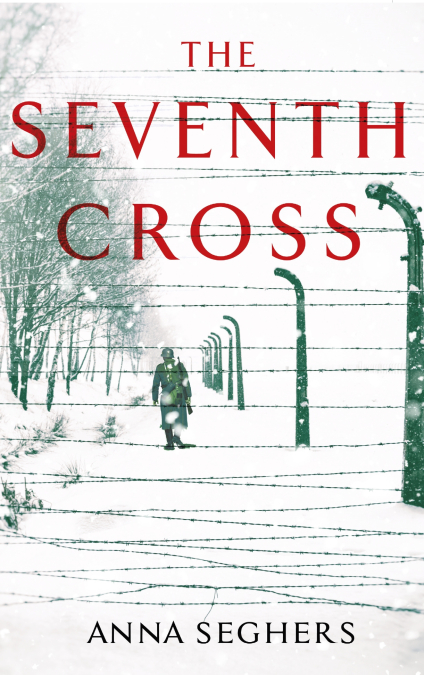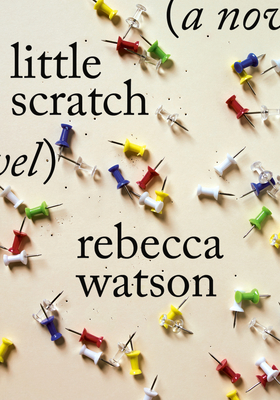
I just finished re-reading the magnificent 2018 translation by Margot Bettauer Dembo of The Seventh Cross by Anna Seghers, published by Virago. What was already a good novel in the original English translation has become an extraordinary novel in this new translation.
The author describes with exquisite and humane detail the insidious beginnings of Hitler’s rise in Germany, from the point of view of ordinary Germans. It’s difficult to describe just how different this novel is from most contemporary literature. It is an ensemble novel with dozens of characters, many of which are present for just a scene, or a paragraph. And yet each has a unique humanity.
The novel does have a hero–an escaped political prisoner by the name of George Heisler–but rather than being the focal point of the story, George, and the escape path he travels through this novel, are like the loom that the real story weaves itself around. The real story here is told in the countless vignettes of ordinary human beings who are just waking up to the threat of National Socialism. They are good people, but they are “good” in ordinary and unremarkable ways. They aren’t heroes as much as they are people reacting to circumstances, moment to moment, almost always surprising themselves, either with their own cowardice or with their own selflessness.
The small choices people make in this time of relative peace, whether to aid an escaped political prisoner or not, whether to ignore the growing terror all around them or acknowledge it, whether to put self-interest before all else or choose some other path–all play out in myriad ways. By the end I had had many chances to ask myself the question “what would you do in that situation?”
Author Seghers was a Jew and a Communist who escaped Hitler’s Germany, and published this novel in Mexico where she was in exile. One of the most interesting characters to me was the only Jewish character in the novel, Dr. Loewenstein, a character who still practices medicine freely in this time in Germany’s history, the mid-30’s, although he is clearly an outcast; he is the doctor patients see only when the other doctors in town can’t help. George Heisler comes to Loewenstein for help with a septic wound, and what is not said between the two men speaks volumes.
What I love most about The Seventh Cross is that it documents the insidious beginnings of unjust imprisonment and paranoia in pre-WWII Germany. Jews in the book are still relatively free but required to wear a yellow star, and the death camps have not yet been built; the victims in this book are the political prisoners, and the camps they are held in are make-shift affairs at the edge of town. Anna Seghers was Jewish and a Communist, an author who returned to East Germany after the war, and although this book was hugely popular in the U.S. just after publication and was even made into a movie starring Spencer Tracy, it fell out of print in English with the advent of the Cold War. Thank you Virago for bringing it back so magnificently.

